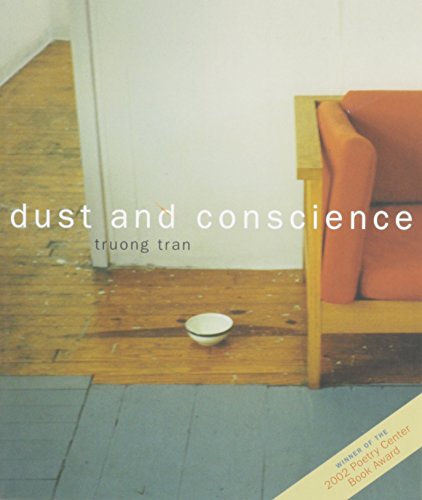They told me he died at base camp. Peacefully. But I don’t believe them. It was gruesome; it was violent. Maybe he fell thousands of feet, maybe miles. Maybe his spine cracked from the impact. Perhaps nature’s ragged sculptures of ice penetrated his lust, or left him dangling in mid-air, staked through the heart.
His mother is here now, has been since the funeral. I stare at her across our tiny kitchen table and notice her black linen dress is beginning to look worn. I know before she speaks the grating of her voice, how it takes every inch of my tolerance and twists my very being into tiny knots.
“You’re still so pale, dear. Why don’t you try to get some sun today?” she asks. My mind focuses. Why does she speak to me? Why does she stay? I’m not sure.
“Patricia. Are you listening at all?” I feel her coldness, even though the moisture and heat of my hands turn my glass of milk lukewarm. I feel the rush of lingering rage, cashing in a moment here and a moment there; been buying time too long.
“What do you want me to say, Sharon? That I’ll get some sun? Why? Why should I get some sun, Sharon?” A gentle giddiness catches up with the breath in my lung. I want to laugh; I want to dance. But then the distaste oozing from her yellowed eyes and paper-thin, parched lips makes me turn from it.
“Do you think you are the only one suffering?” she asks me. I notice a bluebird on the kitchen windowsill.
“Hmmm. I’ve never seen him before,” I say to the air, hoping to catch the bluebird’s gaze before he flies away.
“You know, Glenn would be very disappointed in you. To see you like this,” she says. “Very, very disappointed.”
“Do you think bluebirds can survive ice storms, Sharon?” I say.
“What on earth are you talking about? Have you been taking those pills again?” She is already up, looking through the cabinet where we keep vitamins and prescription drugs. “You know Glenn hated it when you relied on those. He’d hate it now, if he were here…”
“Fuck Glenn,” I say. The phrase feels good moving off my tongue, feels powerful as my lips form the syllables.
Sharon grabs the counter. I wonder if she’ll fall or pass out or both. She does not, cannot face me. The grinding of her teeth rings loudly in my own ears. Grind. Grind.
“Do not ever defame my son’s name like that again, do you understand?” Her words are punctuated by pauses and deep smoker’s breaths.
I say nothing. I like the way the silence hovers over the room like a heavy cloud of smoke. There is a stench about it, too. Not overwhelming, but yet you can’t inhale without tasting some in the back of your mouth.
“I think they could,” I finally say. Now, she turns. “Survive.” I say, completing my thought.
“What?” her voice vibrates with tension and raw, raised nerves. “You’re crazy. You are an absolute, God-forbid lunatic. Glenn said you were, you know. He said it. He told me. And now look at you! What a waste of a life you have! What a waste of a life you gave my son! Why he stayed with you as long as he did, I’ll never understand.”
I begin to laugh, not because anything is particularly funny about this conversation but because I can picture Glenn meeting his mother for tea and offering his sob story at her alter.
“Stop that, you idiot!” she screams at me, voice cracking, hands shaking. I want more. She obliges. Her stature sinks in defeat, back to her seat at the table. But her anger does not.
“You little, stupid bitch. There is nothing funny here! There is nothing humorous about you or me or my son’s death. There…is…nothing…here.”
“Nothing but me and you, Sharon.” Perhaps compassion has rejoined me. Her sobs are dramatic. “Yes, you have lost your son. Yes, I have lost my husband. Yes, he climbed a fucking mountain, just for the hell of it. And yes, he died. But you know what? I’m glad. I’m glad for reasons, Sharon, you will never understand. Ever.”
She raises her head from her crossed arms on the table. Globs of mascara scar her complexion.
“How can you say that?”
I begin unbuttoning my blouse. Slowly, one button, then the next. I slip a sleeve off my right shoulder. She stares.
“Your son, the perfect son, the risk-taker, the mountain climber. Some of his best work.”
I wait for shock, for recognition, for understanding. And I wait.
“They say he died at base camp,” she says. “But I don’t believe them.”

